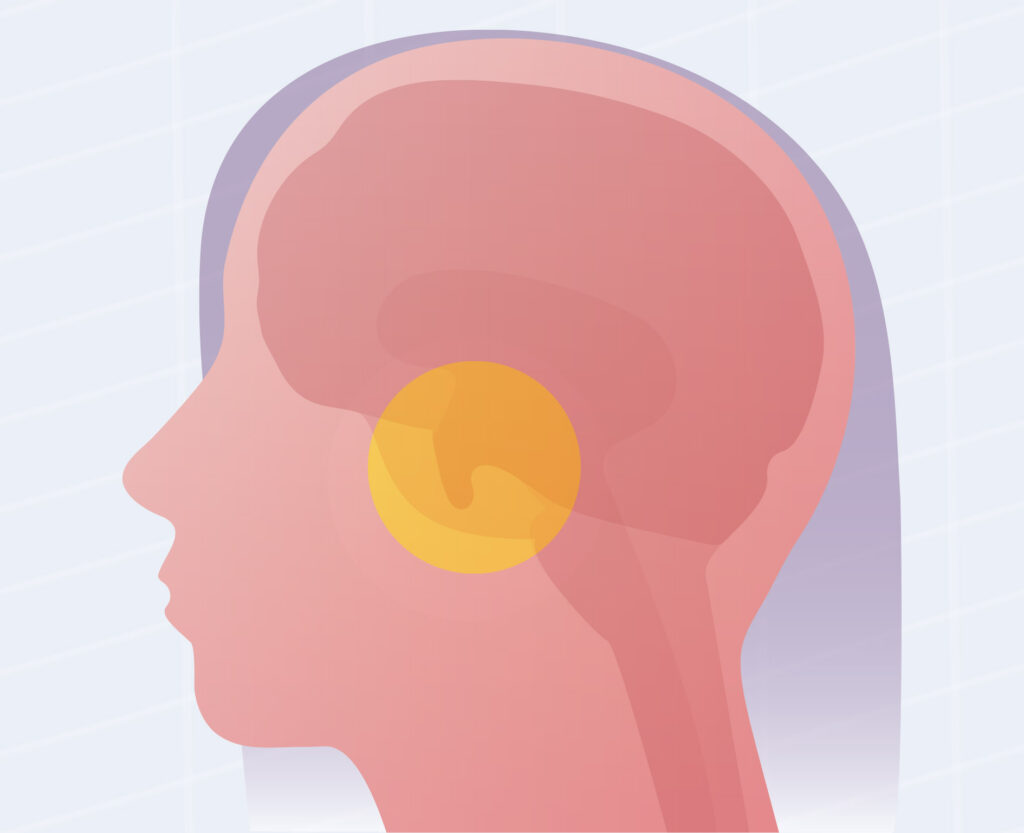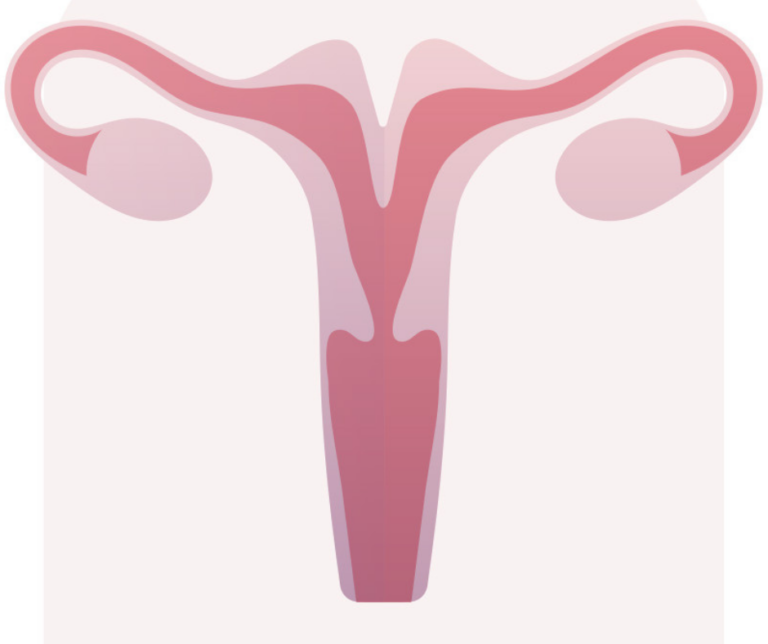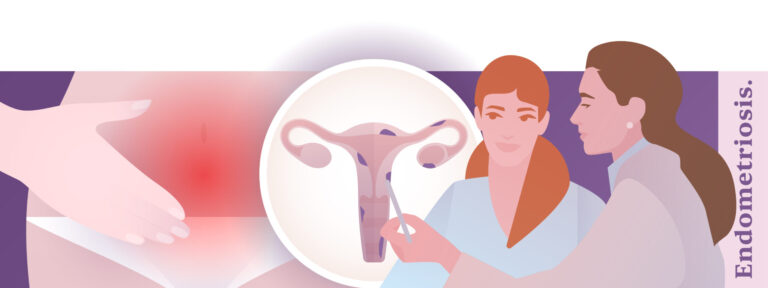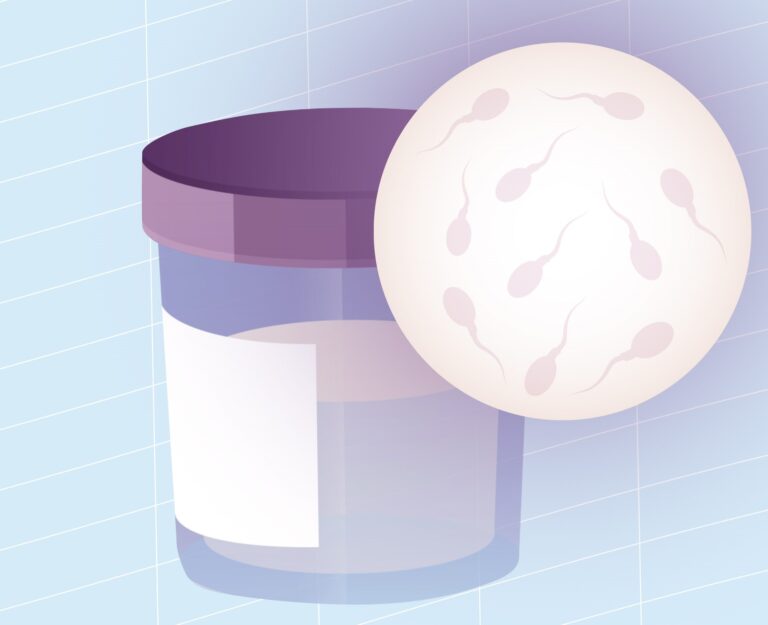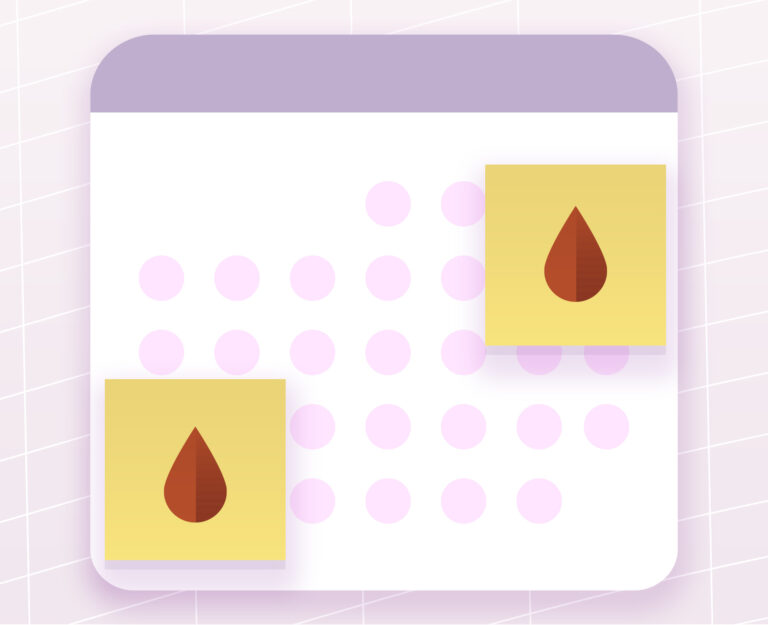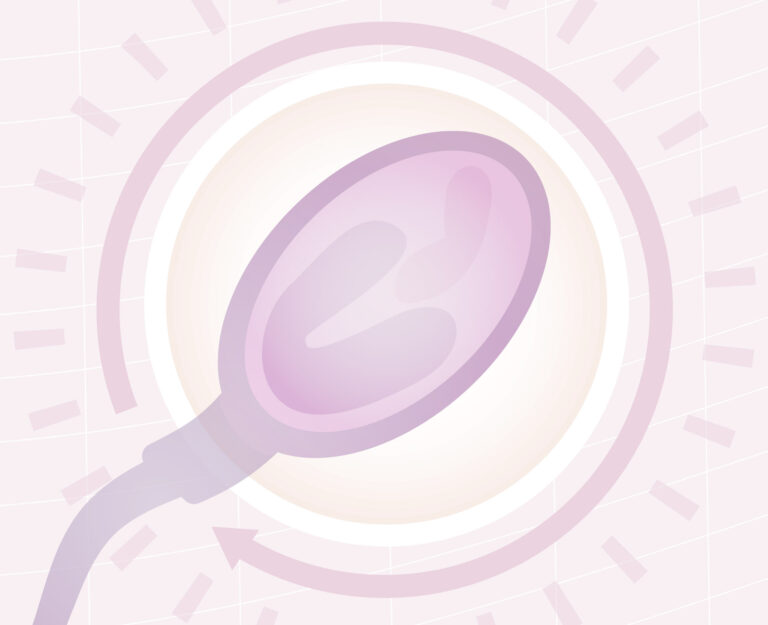
You have probably heard many times about prolactin, almost always in relation to motherhood, as it is the hormone responsible for milk production in women who have just given birth. However, this hormone – and especially high prolactin levels – can also have consequences when you are trying to get pregnant.
In this article, we explain what happens when you have high prolactin, which levels may be concerning, what treatments exist to restore hormonal balance, and how this can affect conception.
Table of Contents
ToggleWhat is prolactin?
Prolactin is a hormone produced by the pituitary gland, a small gland located at the base of the brain. This hormone plays a very important role in several physiological processes, especially in women.
Its main function is associated with reproduction and, above all, with breastfeeding. During pregnancy, prolactin levels increase to prepare the mammary glands for milk production. In addition, after birth, when the baby suckles at the breast, prolactin levels rise again, triggering milk production.
But beyond its role in feeding the baby, prolactin also has other functions, such as regulating the menstrual cycle and ovulation. This is why it is important for this hormone to be in balance if you are trying to get pregnant.
Do men also produce prolactin?
Yes, prolactin is not an exclusively female hormone. Men also produce it, although in much smaller amounts. In men, prolactin does not have a clearly defined role, but some studies associate it with functions of the reproductive system and metabolic regulation.
High prolactin: causes
An increase in prolactin levels in the blood, when not related to pregnancy or breastfeeding, may be due to various causes. Some of the most common include:
Pituitary adenomas or tumours
These are usually non-cancerous tumours located in the pituitary gland. They can interfere with the normal regulation of prolactin and therefore increase its production.
Certain medications
Some medications can raise prolactin levels as a side effect. These include antipsychotics, antidepressants, antihypertensives, opioids and even some drugs prescribed for digestive diseases.
Thyroid diseases
Hypothyroidism can lead to hyperprolactinaemia. In fact, thyroid hormones and prolactin are interconnected in the regulation of the endocrine system.
Kidney disease
Certain kidney conditions can alter hormonal balance and cause prolactin imbalance. In addition, the kidneys play a key role in removing prolactin from the body, so kidney dysfunction can lead to increased hormone levels.
Stress and excessive exercise
Both stress and high-intensity physical activity can trigger prolactin release and therefore raise its levels in the blood.
Genetics
In some cases, there is a genetic predisposition that leads to higher prolactin production without another primary cause.
What happens when prolactin levels are high?
High prolactin in women – also called hyperprolactinaemia – can interfere with the menstrual cycle and therefore make it harder to conceive. It is one of the conditions or diseases that affect fertility.
Some of the main consequences are:
- Irregular menstrual cycle.
- Anovulation (lack of ovulation).
- Decreased libido.
- Poor cervical mucus quality, which makes it harder for sperm to travel to the egg.
Which prolactin levels are concerning?
It is difficult to define fixed parameters for “abnormal” prolactin levels, as each case has to be assessed individually. However, in general it is considered normal for prolactin levels in a non-pregnant woman to be between 4 and 23 nanograms per millilitre (ng/mL). When blood tests show values above this range, it may be considered high prolactin or hyperprolactinaemia.
In any case, it is essential to consult a doctor who can help interpret these results. As we have seen, there are different factors that can cause an increase in this hormone, such as stress or certain medications.
What is the treatment for high prolactin?
Treatment for hyperprolactinaemia is always aimed at addressing the underlying cause of the increased hormone level. Some commonly used medications are cabergoline and bromocriptine. These drugs help normalise prolactin levels and may help regulate ovulation. However, it is essential that a doctor evaluates each case, selects the most appropriate treatment and adjusts the dose individually.
Can I get pregnant if I have high prolactin?
Yes, it is possible to get pregnant even if you have high prolactin. Although it can make conception more difficult, many women achieve pregnancy with the right treatment. As we said, it is important to identify the cause and look for a treatment that restores hormonal balance. In some cases, in addition to medication, lifestyle changes are recommended, such as following healthier diet and exercise habits.
If you think you may have high prolactin or are experiencing any of the symptoms described, we recommend that you speak to a specialist who can answer your questions and help you find the best approach to achieve your dream of becoming a mother.


